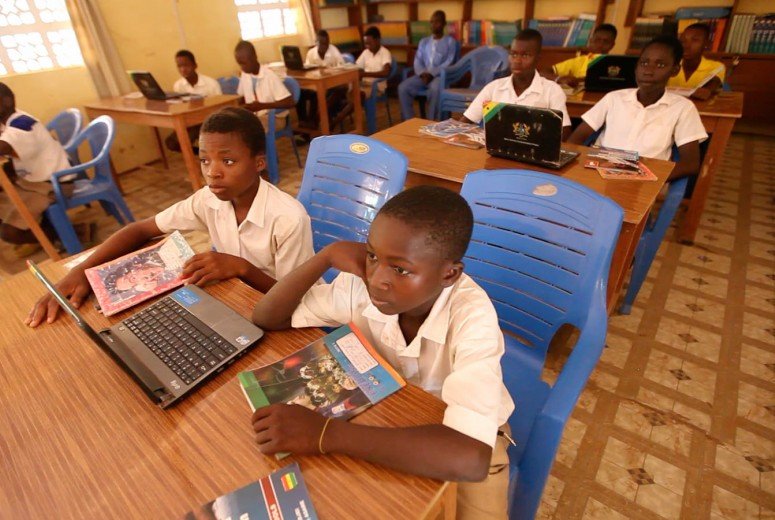The acting general secretary of the Ghana National Association of Teachers (GNAT) Gifty Apambil has attributed the attempt to introduce Comprehensive Sexuality Education in Ghanaian schools on the unfettered freedoms enjoyed by Non-governmental Organisations (NGOs) in the country.
In her view, the country must be able to influence and have detailed knowledge of engagements by NGOs within Ghana.
It comes after the massive public anger at the attempt by the Ghana Education Service to introduce comprehensive sex education in Ghana.
Scores of Ghanaians including for President John Mahama and the National Chief Imam have fumed at the content of the programme over fears it will undermine the cultural and religious values of the nation.
Speaking to Francis Abban on the Morning Starr Wednesday, the GNAT secretary, who spoke in her personal capacity said Ghana should aim to fund its educational endeavors in order to avoid foreign influence of its culture.
“I personally think the NGOs have too much liberty around here. If it’s not a workshop they’re organizing at point A or B then they’re doing something else and we do not know what they are teaching or telling our children.
“We have a representative on the board. As a nation we have not been able to influence what NGOs are doing in our country. I think we need to solely fund our education so that no one finds a way to influence what needs to be taught,” she said.
Ghana and the United Nations Education, Scientific, and Cultural Organization (UNESCO) launched the CSE programme this year in a bid to empower adolescents and young people to deepen their scope of existing activities to attain a Comprehensive Sexuality Education (CSE).
It would support delivery of good quality CSE that empowers adolescents and young people to deepen the scope of existing activities to attain an almost full-scale implementation of CSE in six countries also known as the Programme Acceleration Countries – Ghana, Eswatini, Malawi, Tanzania, Zambia and Zimbabwe, the Education ministry has said.
Over 20 million learners in 64,000 primary and secondary schools are expected to be reached on the Programme, as well as 47,000 preservice teachers and 367,000 in-service teachers.
Source: Ghana/Starrfm.com.gh/103.5FM




